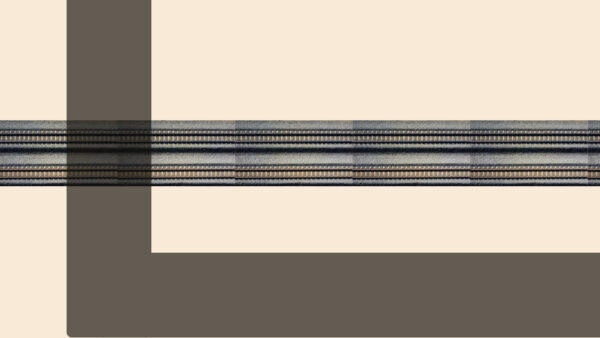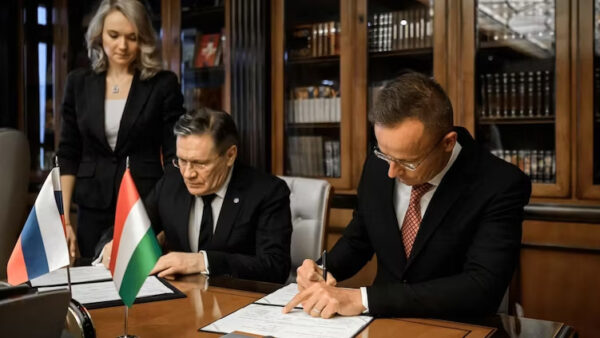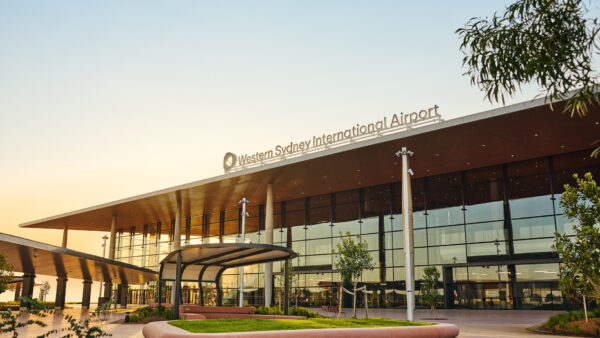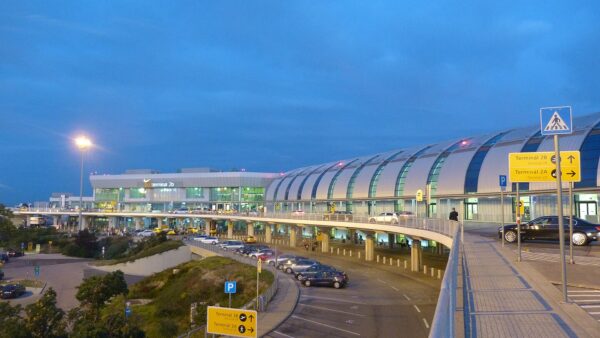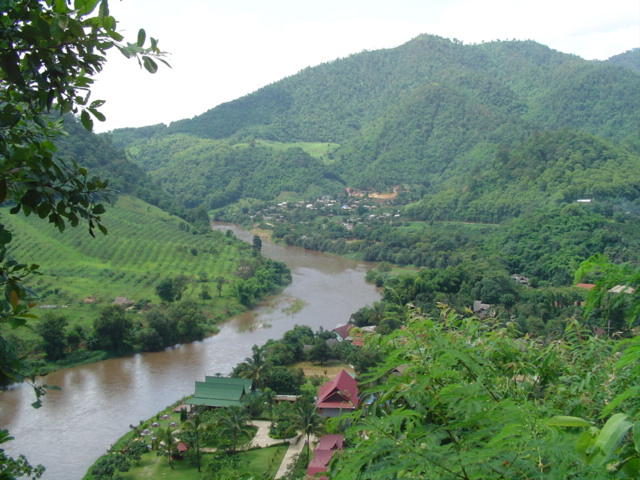
A Chinese contractor is reportedly in pole position to win an ambitious water diversion project in Thailand, according to Nikkei Asia. If successful, the bid will be a significant advance in China’s efforts to extend its Belt and Road Initiative to Thailand.
A Chinese contractor is reportedly in pole position to win an ambitious water diversion project in Thailand, according to Nikkei Asia. If successful, the bid will be a significant advance in China’s efforts to extend its Belt and Road Initiative to Thailand.
Veerakorn Kamprakob, a member of Thailand’s ruling Palang Pracharath Party, told Nikkei Asia, that he had been approached by a company, which was “one of the top five Chinese state enterprises”.
The company offered to finance and build the Yuam River Water Diversion plan, which envisages a 69m-high dam across a river in the far northwest of Thailand, close to the Myanmar border, and a 61km-long tunnel to the Bhumibol Reservoir. The aim is to meet a growing demand for water from residents and rice farmers.
The project was first proposed early 1990s but was not progressed owing to an estimated construction cost of $2.1bn over seven years. However, Veerakorn, who is vice chair of the special committee in the Thai parliament assessing the project, said the Chinese company had offered to carry out the project in four years for a price of $1.2bn.
Veerakorn told Thai media: “If China builds this for us, we do not have to spend a dime; we do not have to make the investment ourselves. If the Chinese want to do it, we should let them do it.”
The scheme has built up momentum in the past few days, following a successful environmental impact assessment last week. On Monday, the Royal Irrigation Department issued a call for consultants to bid on the project, which will be a joint venture between the public and private sectors.
The scheme is controversial in Thailand, with some arguing that cheaper alternatives are available. Sitang Pilailar, an academic at the engineering department of Bangkok’s Kasetsart University, argues that irrigation could be improved by stopping leaks in the existing system. He told Nikkei Asia: “When the Royal Irrigation Department pumps water from the dam, 40% of it is lost in the pipeline along the way.”
If the project does go ahead with Chinese finance, it will follow the $9.9bn Thai-Chinese high-speed railway as a significant success in Beijing’s attempts to break into Thailand’s infrastructure sector, which at present is dominated by Japanese and European companies.
Image: The Yuam river near Mae Sariang (Ernie & Katy Newton Lawley/CC BY 2.0)
Further reading:


